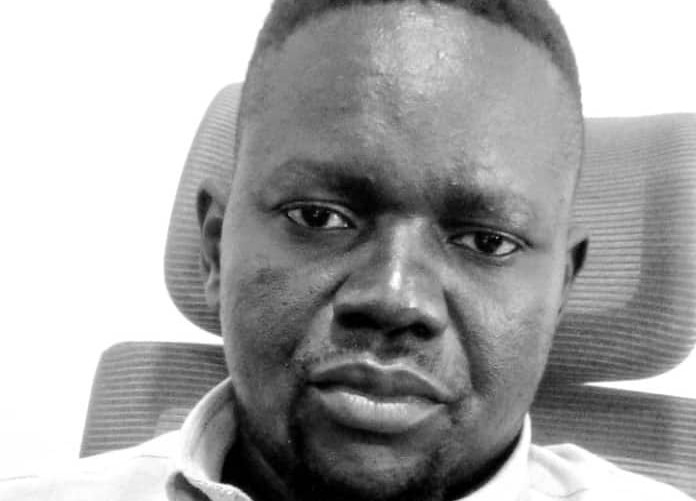
On Monday, September 22nd, Juba was brought to its knees as the special trial of the suspended First Vice President, Dr. Riek Machar, kicked off.
The highly anticipated court hearing did not take place at the popular High Court at Muduria round about, but inside Freedom Hall, the gigantic tent we all know too well.
What should have been a moment of justice became a moment of paralysis as major roads leading to Custom Market, the beating heart of trade in Juba, were sealed off. Businesses bled, traders lost their income and the oordinary citizens struggled to access even the most basic goods.
Worse still, students at the University of Juba missed their exams for two days straight, blocked by the very security forces meant to safeguard them.
Education, trade, and daily life all sacrificed on the altar of a trial staged in the wrong place.
This is not new though; every time Freedom Hall hosts an event, Juba grinds to a halt, as roads clog with diverted traffic, spiking accidents as livelihoods vanish overnight.
Freedom Hall is no symbol of freedom, it is a planning disaster, a thorn in the flesh of the ordinary Junubin men and women.
The question I asked today is; why was it planted on a public highway and why must its gate choke the city’s main roads? And most importantly, who truly owns this tent that has become a burden on Juba? Until government answers these questions and acts, this so-called “monument of freedom” will remain what it is in truth: a gigantic tent strangling the life out of the very people it claims to serve.
The solution is not complicated, the gate must be redirected; either through Dr. John Garang’s Mausoleum or NilePet Headquarters, to spare citizens from yearly disruptions.
Anything less is negligence, and negligence is betrayal. Juba deserves better than a tent that paralyzes its heartbeat.
The Author of this article is a South Sudanese journalist in Juba. For any query about the article, he can be reach on the email handle; Gabronn2014@gmail.com

